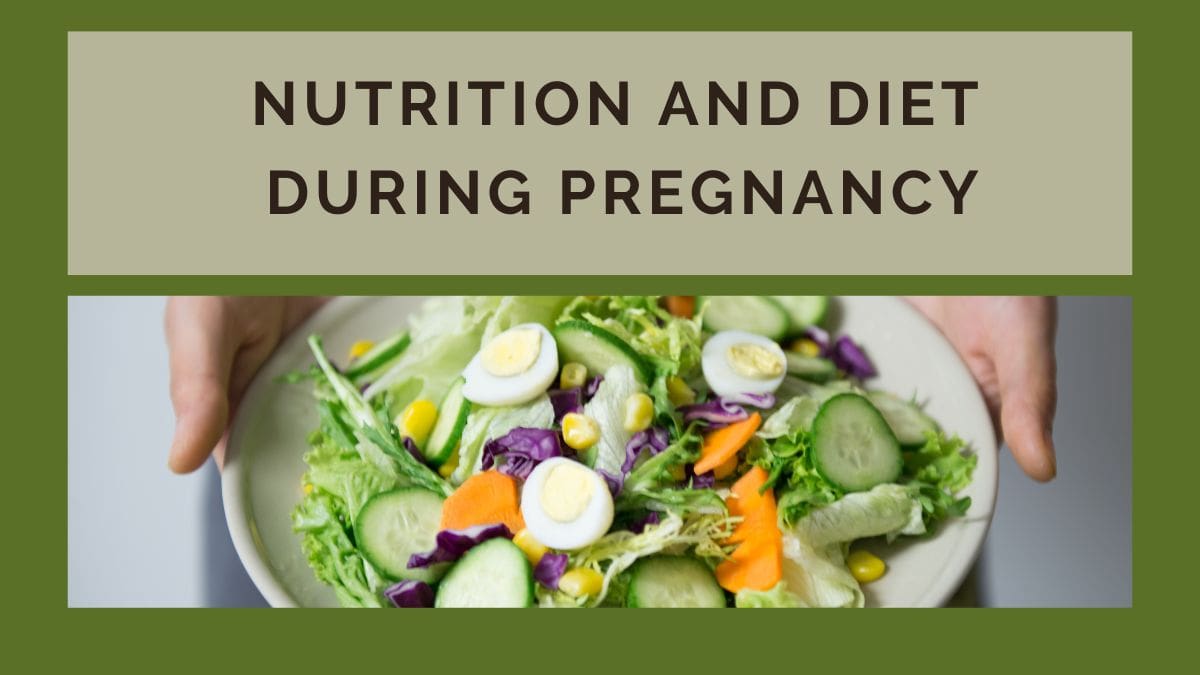Healthy Pregnancy is an incredible journey filled with excitement, anticipation, and joy. Ensuring a healthy pregnancy is paramount for both the mother’s and the baby’s well-being.
From preconception to postpartum care, there are numerous steps you can take to support a healthy pregnancy.
Table of Contents
Introduction
Bringing a new life into the world is a profound experience that requires careful attention to both physical and emotional well-being.
From maintaining a nutritious diet to managing stress levels, every aspect of a mother’s lifestyle can impact the development and outcome of her pregnancy.
Importance of Maintaining a Healthy Pregnancy
A healthy pregnancy sets the foundation for a healthy baby. It reduces the risk of complications during pregnancy and childbirth, promotes optimal fetal development, and enhances the mother’s overall well-being.
Preconception Health
Improving preconception health can increase the chances of a healthy pregnancy and a healthy baby.
Understanding preconception health involves assessing factors such as diet, physical activity, medical conditions, and lifestyle habits. It’s essential to address any existing health issues and make necessary lifestyle changes before conceiving.
Tips for improving preconception health include maintaining a healthy weight, managing chronic conditions like diabetes or hypertension, quitting smoking, and avoiding alcohol and illicit drugs.
Nutrition and Diet during Pregnancy

Proper nutrition is crucial for supporting the growth and development of the baby during pregnancy.
Key nutrients for a healthy pregnancy include folic acid, iron, calcium, and omega-3 fatty acids. These nutrients support the baby’s neural development, prevent birth defects, and ensure the mother’s overall health.
Foods to eat during pregnancy include leafy greens, citrus fruits, fortified cereals, lean meats, and dairy products. It’s essential to avoid raw or undercooked meats, unpasteurized dairy products, and certain types of fish high in mercury.
Exercise and Physical Activity
Regular exercise is beneficial for both the mother and the baby during pregnancy. It helps improve circulation, reduce stress, boost mood, and promote better sleep.
Safe exercises for pregnant women include walking, swimming, prenatal yoga, and low-impact aerobics. It’s essential to consult with a healthcare provider before starting any exercise routine and to listen to your body’s signals during workouts.
Prenatal Care
Prenatal care plays a crucial role in monitoring the progress of pregnancy and addressing any potential issues that may arise. Regular prenatal check-ups allow healthcare providers to track the baby’s growth, monitor the mother’s health, and provide essential screenings and tests.
During prenatal visits, healthcare providers may perform physical exams, ultrasound scans, and blood tests to ensure the baby’s health and development. They also guide nutrition, exercise, and childbirth preparation.
Avoiding Harmful Substances
Exposure to harmful substances such as alcohol, tobacco, and drugs can have serious consequences for the baby’s health. It’s essential to avoid these substances entirely during pregnancy to reduce the risk of birth defects, low birth weight, and other complications.
Quitting harmful habits can be challenging, but there are resources and support systems available to help expectant mothers make positive changes. Healthcare providers can offer counseling, support groups, and referrals to specialized programs for substance abuse treatment.
Managing Stress
Pregnancy can be a time of heightened emotions and stress. Chronic stress during pregnancy has been linked to adverse outcomes such as preterm birth, low birth weight, and developmental delays.
Finding healthy ways to manage stress is essential for promoting a positive pregnancy experience. Techniques such as deep breathing, meditation, mindfulness, and prenatal massage can help reduce stress levels and promote relaxation.
Adequate Rest and Sleep
Getting enough rest and sleep is crucial for both the mother’s health and the baby’s development during pregnancy. Hormonal changes, physical discomfort, and anxiety can sometimes make it difficult to sleep well during pregnancy.
Creating a relaxing bedtime routine, practicing good sleep hygiene, and using supportive pillows for comfort can help improve sleep quality. It’s also essential to listen to your body and rest when needed during the day.
Monitoring Health and Seeking Support
Throughout pregnancy, it’s essential to pay attention to any changes or symptoms that may indicate a problem. Signs such as severe abdominal pain, vaginal bleeding, or decreased fetal movement should be promptly reported to a healthcare provider.
Expectant mothers should also seek support from their partners, family members, friends, or support groups. Having a strong support network can provide emotional reassurance, practical assistance, and valuable advice during pregnancy.
Common Concerns During Pregnancy
Pregnancy can bring about various discomforts and concerns, ranging from morning sickness and fatigue to back pain and heartburn.
Understanding what is normal and when to seek medical attention can help alleviate worries and ensure a smoother pregnancy experience
Partner Involvement and Support
Partners play a crucial role in supporting expectant mothers throughout pregnancy. From attending prenatal appointments to offering emotional support and practical assistance, partners can help create a nurturing and positive environment for the baby’s development.
Preparation for Labor and Delivery
Educating oneself about the stages of labor, pain management techniques, and birth preferences can help expectant mothers feel more empowered and confident about childbirth.
Creating a birth plan and discussing preferences with healthcare providers can ensure a more personalized and positive birthing experience.
Postpartum Care and Recovery
Adequate rest, proper nutrition, and emotional support are essential for navigating the challenges of early motherhood and promoting optimal healing.
Conclusion
Maintaining a healthy pregnancy requires a holistic approach that addresses physical, emotional, and social aspects of well-being.
By prioritizing nutrition, exercise, prenatal care, stress management, and self-care, expectant mothers can support a healthy pregnancy and lay the foundation for a lifetime of wellness for themselves and their babies.
FAQ’S
Can I travel during pregnancy?
Travel during pregnancy is generally safe, but it’s essential to take precautions and consult with your healthcare provider before making any travel plans. Avoid traveling to areas with high altitudes, extreme temperatures, or increased risk of infectious diseases.
Are prenatal vitamins necessary?
Prenatal vitamins are recommended to ensure adequate intake of essential nutrients such as folic acid, iron, and calcium, which are crucial for the baby’s development. It’s essential to discuss specific vitamin recommendations with your healthcare provider.
What should I do if I experience complications during pregnancy?
If you experience any concerning symptoms or complications during pregnancy, such as vaginal bleeding, severe abdominal pain, or decreased fetal movement, it’s essential to contact your healthcare provider immediately for evaluation and guidance.







